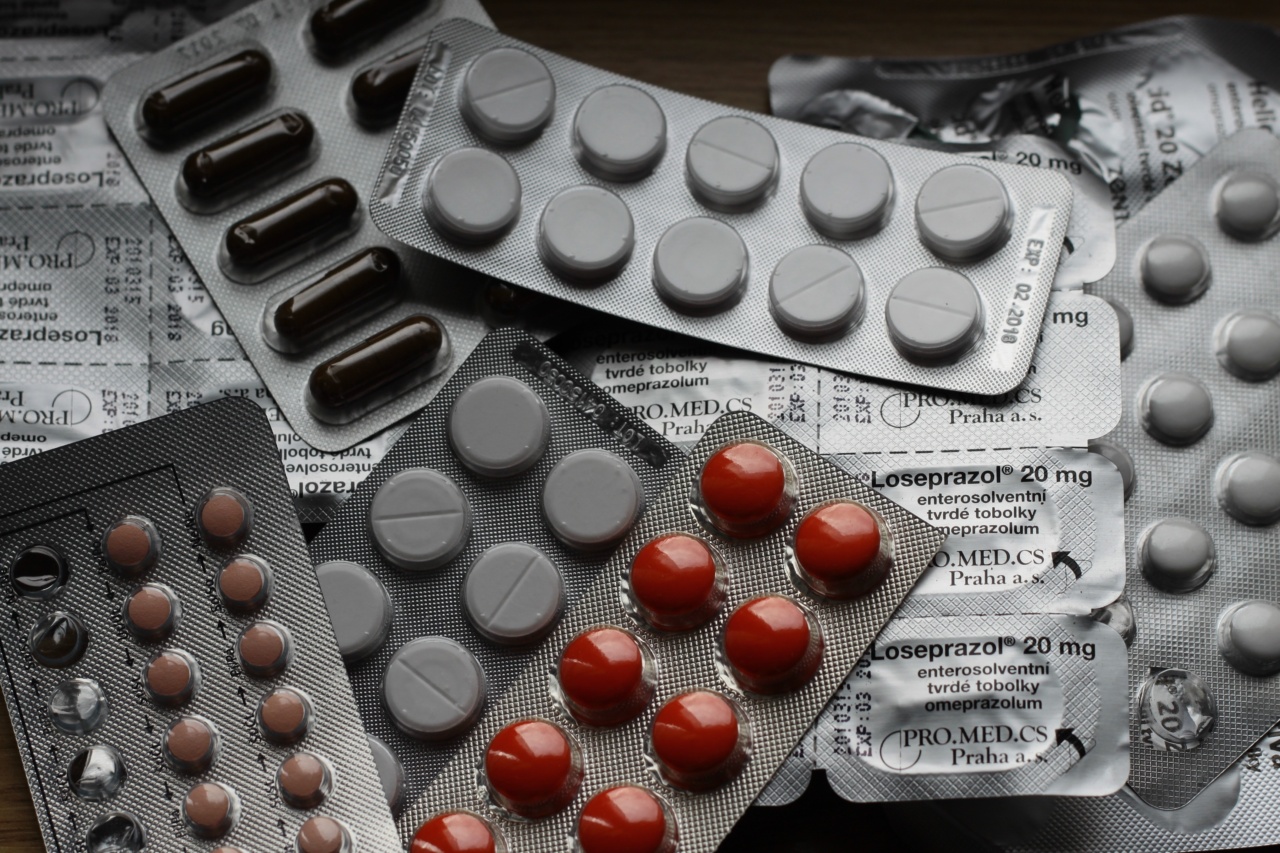Sex should never be painful. However, for some, sex can be incredibly uncomfortable or even unbearable. Sexual pain is a complex issue that can have multiple causes, both physical and psychological.
It’s essential to address any discomfort you experience during sex and talk to your healthcare provider about finding an effective treatment. In this article, we will explore the science of sexual pain and how to address it.
What causes sexual pain?
Sexual pain can stem from a range of medical conditions or psychological factors. Physical causes of sexual pain can include:.
- Vaginal dryness
- Infections, such as yeast or urinary tract infections
- Endometriosis
- Vulvodynia
- Interstitial cystitis
- Pelvic floor dysfunction
- Vaginismus
Psychological factors that can contribute to sexual pain include:.
- Anxiety or depression
- Sexual trauma
- Body image issues
Risk Factors for Sexual Pain
There are several risk factors that can increase the likelihood of experiencing sexual discomfort, including:.
- Age: Postmenopausal women may experience sexual pain due to dryness in the vaginal area.
- Medical conditions: Certain medical conditions, such as endometriosis or pelvic inflammatory disease, can increase the risk of sexual pain.
- Medications: Certain medications, such as chemotherapy drugs or antihistamines, can cause vaginal dryness.
- Surgery: Any kind of pelvic surgery can lead to sexual discomfort.
Diagnosis & Treatment Options
If you are experiencing sexual pain, it’s essential to seek help from your healthcare provider. They will likely perform a physical examination to determine any underlying medical issues and could refer you to a specialist if necessary.
Some treatment options may include:.
- Topical creams or ointments that can help increase vaginal lubrication
- Antibiotics to treat infections
- Physical therapy to alleviate pelvic floor muscle tension or improve muscle function
- Medications that can help alleviate nerve pain
- Counseling or therapy to address psychological factors that are contributing to discomfort
- Botox injections into the pelvic floor muscles to address spasms
- Surgical procedures to alleviate pain, in rare cases
Prevention Strategies
There are several strategies you can implement to help prevent sexual pain, including:.
- Communication: talk openly with your partner about any discomfort you are experiencing and adjust your sexual activity accordingly.
- Relaxation techniques: engaging in relaxation techniques like deep breathing, yoga, or meditation can help alleviate tense pelvic muscles.
- Lubrication: be sure to use personal lubrication during sexual activity to prevent vaginal dryness.
- Foreplay: engaging in extended foreplay can help increase arousal and relaxation.
When to see a Doctor
You should seek help from your healthcare provider if you experience any of the following:.
- Consistent pain during sexual activity
- Burning or stinging sensations in the genital area
- Bleeding or discharge unrelated to your menstrual cycle
- Pain during urination or bowel movements
- Unexplained vaginal itching or discomfort
The Bottom Line
Sexual pain is a complex issue that can be caused by both physical and psychological factors. It’s essential to talk to your healthcare provider about any discomfort you experience during sexual activity and to seek prompt treatment.
By addressing sexual pain, you can improve your sexual health and overall well-being.




























